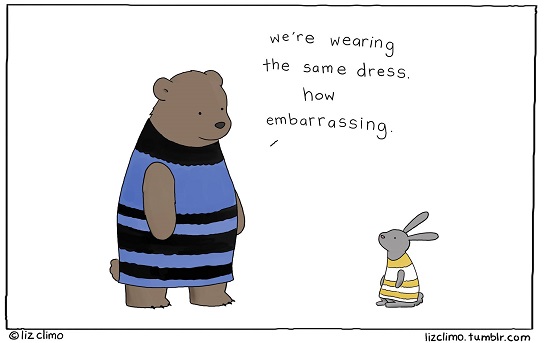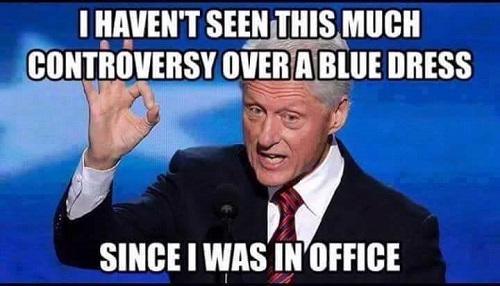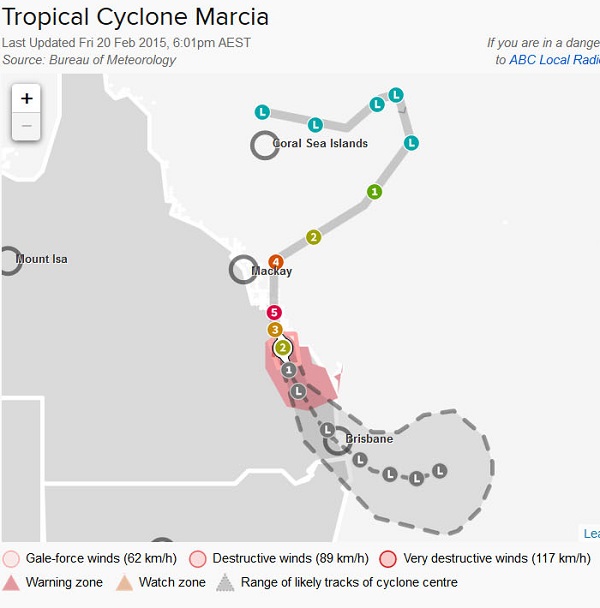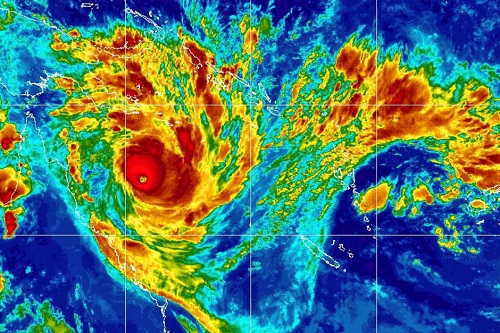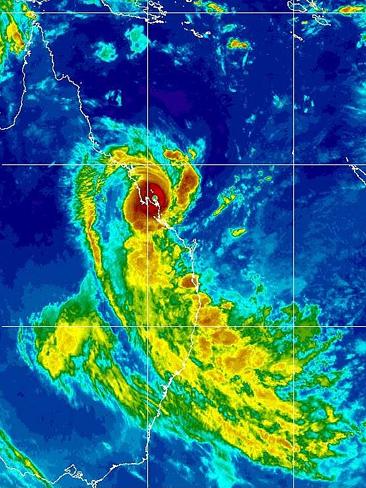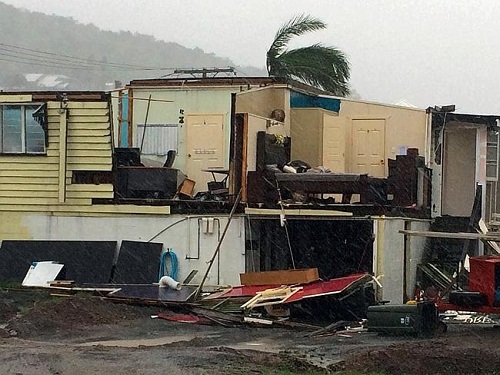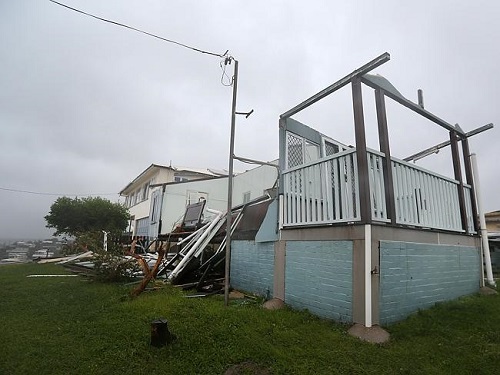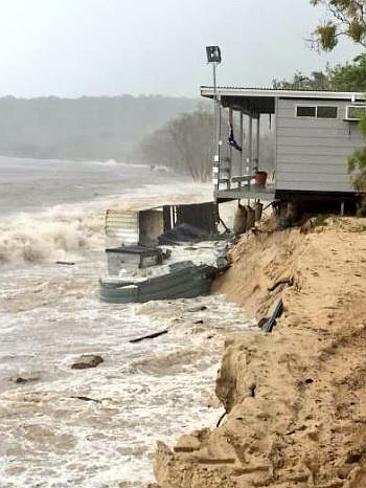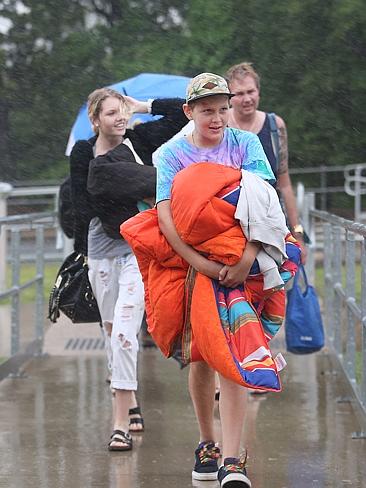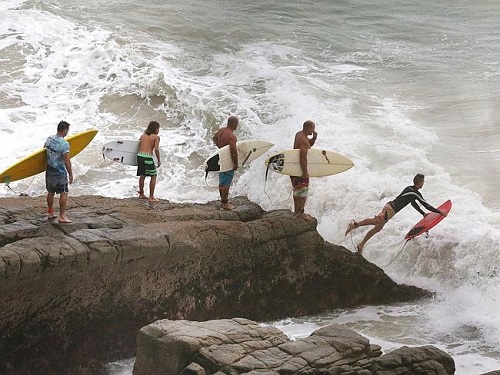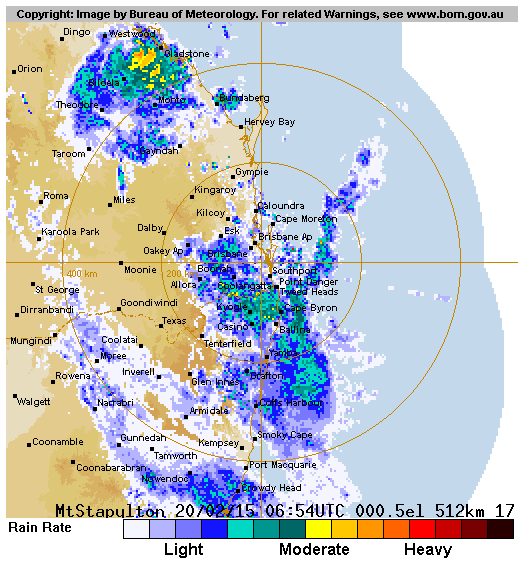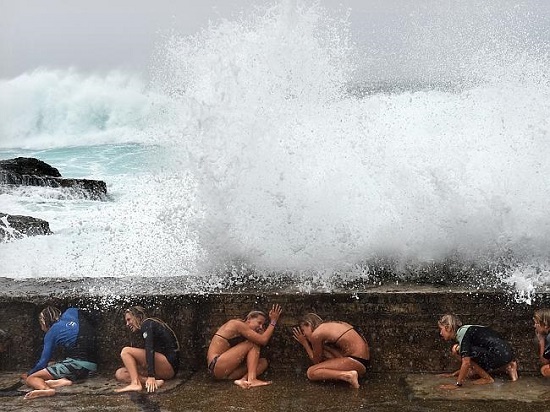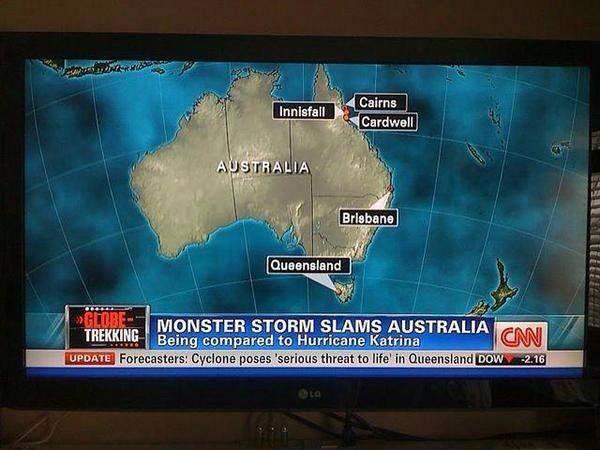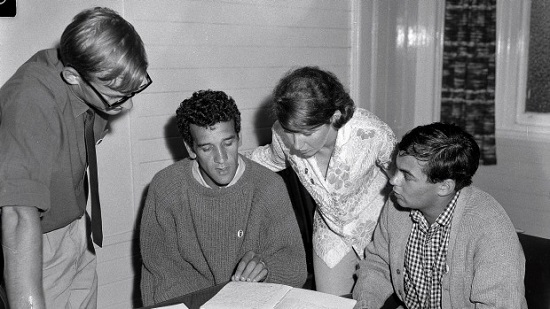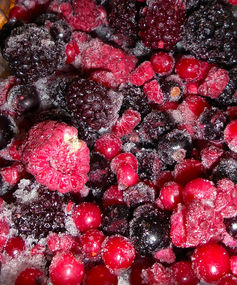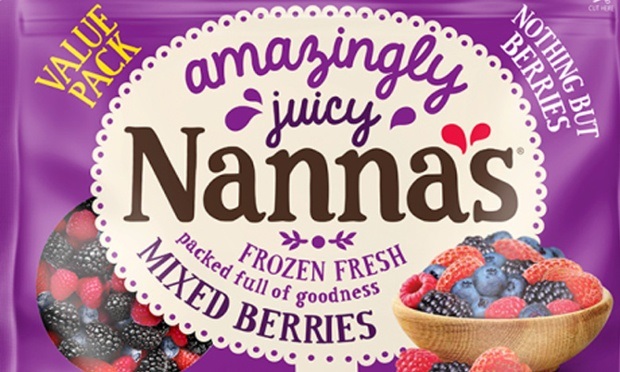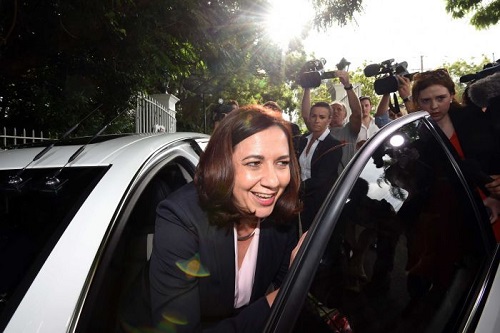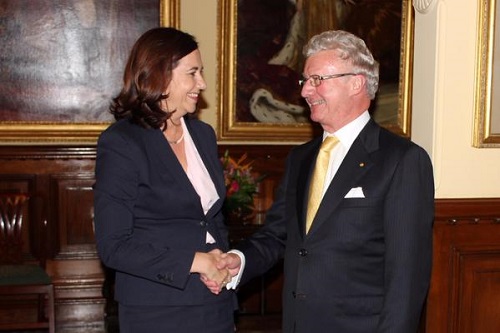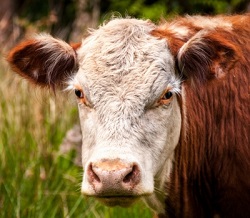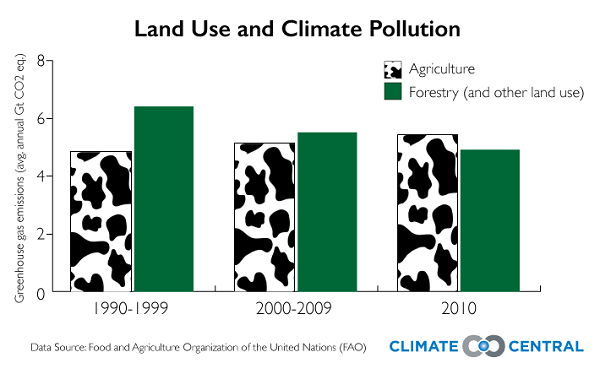
An open thread where, at your leisure, you can discuss anything you like, well, within reason and the Comments Policy. Include here news and views, plus any notable personal experiences from the week and the weekend.
For climate topics please use the most recent Climate clippings.
The gentleman in the image is Voltaire, who for a time graced the court of Frederick II of Prussia, known as Frederick the Great. King Fred loved to talk about the universe and everything at the end of a day’s work. He also used the salons of Berlin to get feedback in the development of public policy.
Fred would only talk in French; he regarded German as barbaric. Here we’ll use English.
The thread will be a stoush-free zone. The Comments Policy says:
The aim [of this site] is to provide a venue for people to contribute and to engage in a civil and respectful manner.
Here are a few bits and pieces that came to my attention last week.
1. Away next week
This week the Simpson Desert crossing fellowship is meeting for a reunion at Glen Alpin near Stanthorpe, where two of the couples live, I gather in idyllic circumstances.
A splendid time is assured, but it will take three days out of my blogging life. I promise I’ll think of you all!
2. Queensland Alzheimer’s breakthrough
Queensland scientists have discovered a new treatment that could help restore the memory of people suffering from Alzheimer’s disease.
The process uses ultrasound technology to help clear a plaque that builds up in the brain of Alzheimer’s sufferers.
They’ve successfully trialled the plaque-removal technology on mice. Human trials are about two years away.
About 250,000 Australians suffer from Alzheimer’s disease, the most common form of dementia.
3. Gender pay gap hits a two-decade high
The gender pay-gap is getting worse, not better, with new figures out yesterday showing the wage disparity between men and women has blown out to a two-decade high of 18.8 per cent.
The figures show that full time workers, when averaged across all industries, will earn $298 less per week if they happen to be a woman.
At the same time that lovely man, Employment Minister Eric Abetz, watered down business gender reporting requirements.
4. Abbott at it again
Every week we have at least one backflip, broken promise or gaffe. This week there were several but the prize goes to Abbott’s description of living in remote communities as a “lifestyle choice”, slammed by his own key indigenous advisers as “hopeless”, “disrespectful” and simplistic.
People are starting to make lists. The SMH reminds us of 10.
The AFR cartoonist David Rowe showed Abbott with foot firmly planted in mouth while advisers bemoan that “it’s a lifestyle choice.”
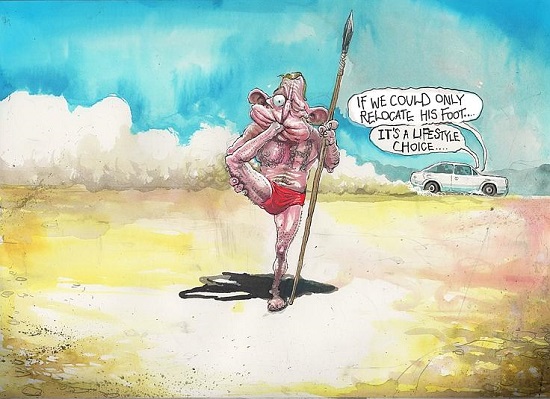
Guy Rundle says Tony Abbott genuinely believes non-Christian societies are inferior.
Now I’d like to bring to your attention a poem by Graeme Henchel Why is Abbott a Dead Man Walking? It begins:
Was it justice, was it Karma?
Was it Murdoch, was it Palmer?
Was it lying and conceit?
Was it backbenchers fear of defeat?
Was it Mathias and Joe’s cigars?
Was it because we’ve stopped making cars?
Was it climate change denial?
Was it putting Julia on trial?
Was it the daughter’s scholarship prize?
Was it debt and deficit lies?
It goes on and on, ending with:
Was it the hubris and the swagger?
Was it Malcolm and Julie’s dagger?
Why will Abbott get the shove?
The answer is, ALL OF THE ABOVE.
5. Puzzling polls
Adrian Beaumont at The Conversation peers into the tea leaves, trying to make sense of the polls. Amongst the confusion is a cross-over between Morgan and Newspoll:

Newspoll is said to be the one pollies watch. I reckon that if 8 days earlier we’d had Newspoll on 45-55, deteriorating from 47-53, instead of Fairfax-Ipsos on 49-51, we’d now have a new prime minister.
6. Fairfax axes rural staff
Some 80 positions are being cut from Fairfax media staff in regional Victoria. Reporters will file, sub-edit and edit their own work, plus do their own photography.
Fairfax said it was “building a modern, stronger rural and regional network”.
Let’s face it – Fairfax owns a large slice of the rural press in Australia, and it’s being gutted.



